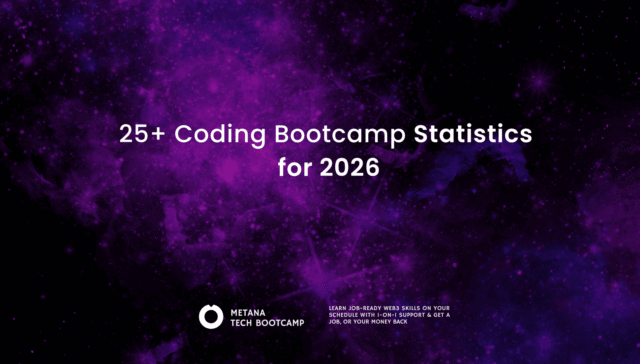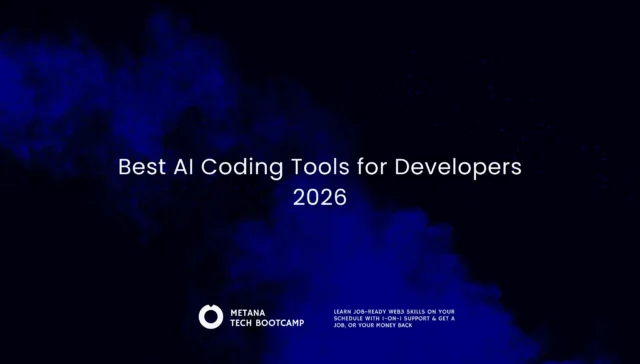TL;DR
- Remote-first companies want self-starters, not just anyone who can use Zoom.
- Sending the same generic CV won’t work—tailor it for remote readiness.
- Stop relying on LinkedIn; remote job boards are your new best friend.
- Interviews happen online—treat them seriously and test your setup.
- Soft skills, like communication and time management, are more important than ever.
Dreaming of working in your pyjamas, coffee in hand, tapping away from the comfort of your living room? You’re not alone. No experience remote jobs have exploded in popularity—and so has the competition. For every listing, there’s a sea of applications. So, why is your inbox still empty?
It’s not just about applying—it’s about how you apply. Let’s unpack the 9 most common reasons you’re not hearing back and what to do instead to finally land that remote role, even with zero experience.
You’re Not Ready for Remote Life (And It’s Obvious)
You may think, “I just need a laptop and Wi-Fi, right?” Not quite. Remote work sounds dreamy, but it’s not for everyone. Without a manager walking by or scheduled lunch breaks, you become your own boss—and that’s harder than it looks. Let’s say you’re applying for a remote data entry role. Sounds easy, right? But if you can’t focus for more than 30 minutes without checking your phone, or if you struggle to prioritise tasks without being told, remote work might quickly become overwhelming.
Instead of jumping in blind, practice managing your day. Try using tools like Notion or Google Calendar to create a fake workday schedule. Even volunteer or freelance gigs—like managing a friend’s Instagram page or proofreading someone’s blog—can give you a feel for remote structure. Mention these small gigs on your CV. They count.
You’re Looking in the Wrong Places
If your remote job search is limited to LinkedIn, Indeed, and Glassdoor, no wonder you’re struggling. These platforms are brilliant for traditional roles, but remote-first companies usually post elsewhere.
For example, a startup looking for a junior content assistant might only post on We Work Remotely or Turing.com. That job never even appears on mainstream boards. You could be missing hundreds of real opportunities.
Start checking platforms like:
- Remote OK – Filter by job type and experience level
- AngelList Talent – Great for entry-level startup roles
- FlexJobs – Curated jobs, especially for beginners
- Working Nomads – Neat design, easy to filter
Each platform has unique listings. Spend 30 minutes a day checking two or three, and set alerts for keywords like “junior,” “assistant,” or “entry-level remote.”
Your Resume Screams “Office Worker,” Not “Remote Hero”
Imagine you’re the hiring manager for a remote virtual assistant. Two candidates apply. Both have customer service experience. One resume simply lists “Customer Support, 2021–2023.” The other adds:
“Managed inbound customer queries via Zendesk, maintained response rate below 5 minutes, and collaborated with global teams using Slack and Trello.”
Who would you hire?
Remote-first companies want to know you can communicate, self-manage, and use tools without constant supervision. Many professionals now even start their careers by offering remote assistant service, which showcases their ability to handle admin tasks, manage schedules, and support teams virtually. Even if you’ve only used Zoom during online classes or Trello in a university project, mention it. Detail is everything. Also, if you’ve ever completed an online course, taken initiative at a past job, or helped a friend’s small business with admin tasks, include it. It shows drive—and that’s gold for entry-level remote roles.

You’re Fumbling the Interview—And You Don’t Even Know It
Most remote jobs will interview you on Zoom, Google Meet or a similar platform. But are you treating that video call like a real interview? If you’re sitting in a noisy room, wearing your hoodie with poor lighting, you’re giving off “I don’t care” energy. Your potential employer will notice.
Here’s what to do:
- Sit in front of a window or desk lamp so your face is well-lit.
- Keep a neutral background—no clutter or unmade beds.
- Wear something presentable. No, you don’t need a blazer, but a clean shirt goes a long way.
- Join the call 5–10 minutes early to test your audio and camera.
Pro tip: During the call, look into the camera, not your screen. It gives the impression of direct eye contact—tiny tweak, massive difference.
You’re All Tech and No Talk
You might be brilliant with numbers or a coding whiz, but if you can’t express yourself clearly, you’ll struggle. Remote companies hire people who can write concise messages, ask clear questions, and offer updates without being chased.
Imagine a manager in Canada, a designer in South Africa, and you’re in the UK. If your Slack message reads like: “hey I need help asap plz fix,” you’ll likely be ignored. Instead, saying: “Hey, I’m stuck with X. Tried Y and Z, but no luck. Any suggestions?” shows maturity and respect for everyone’s time. Even in no experience remote jobs, employers expect you to handle communication like a pro. Practise writing updates in a shared doc. Join Discord communities or Slack groups to watch how professionals speak and learn from them.
You’re Blending In When You Should Be Standing Out
Applying for a remote job? So are hundreds of others—from all over the world.
Let’s say you’re eyeing a junior social media role. Everyone has basic Canva and Instagram skills. What makes you different? Maybe you run a TikTok account for your dog. Or you helped a local bakery grow their following. That’s the stuff employers love to hear about.
Create a personal website with your CV and links to side projects—even if it’s just a Notion page. Record a quick 1-minute intro video introducing yourself and attach it to your application. These little touches prove that you’re not just applying—you actually care.
You Didn’t Even Google the Company
Would you go on a date without checking their profile? Exactly. Yet many applicants still apply without researching the company.
Say you’re applying for a remote content writer position at an ed-tech startup. If you mention in your cover letter, “I noticed your latest article on AI in education and loved your stance on ethics in tech,” that shows you’ve done your homework. And that’s rare. Read their blog, browse their social media, understand their tone. Then reflect it subtly in your application. It makes you feel like a natural fit.
You’re Not Following Up
The silent treatment hurts. But sometimes, it’s not rejection—it’s just busy hiring managers.
If it’s been over 10 days since you applied or interviewed, send a short, polite follow-up email. Say something like:
“Hi [Name], just checking in regarding my application for the [Job Title] role. I’m still very interested and would love to know if there are any updates. Appreciate your time either way!”
It takes 2 minutes and might be the nudge they needed to check your file again.
You’re Not All In (Yet)
Here’s the truth. Most people don’t get remote jobs because they don’t try hard enough. They apply, wait, give up, and move on.
But what if you treated this like a project? Message someone on LinkedIn working at your dream company and ask about their experience. Share your work in online communities. Even tweet your job hunt journey. People notice.
Your job might come from a stranger’s referral, a Discord post, or a comment on Reddit. Show up consistently and opportunities will find you.
Final Thoughts
Scoring no experience remote jobs isn’t about tricking the system—it’s about understanding it. Remote companies want more than skills. They want communicators, self-starters, and people who care. And if you position yourself right, you’ll get your foot in the door—even if you’re just starting out.
Don’t let your lack of experience hold you back. With the right strategy, the right tools, and the right mindset, the remote job you’ve been dreaming of could be just one application away.
FAQs
Can I get no experience remote jobs straight after school or uni?
- Yes! Many startups look for enthusiastic juniors willing to learn. Highlight personal projects, volunteering, or online courses.
What’s the best entry-level remote job to start with?
- Try roles like virtual assistant, social media intern, customer support rep, or data entry. They don’t always need prior experience.
How do I make my application stand out for remote roles?
- Show remote readiness—mention tools you’ve used, be clear and concise, and add personal touches like intro videos or custom cover letters.
Do I need to know coding to land remote jobs?
- Not at all. Non-tech roles like writing, admin, design, or marketing are just as in-demand for remote setups.
How many remote jobs should I apply for weekly?
- Set a goal of 5–10 quality applications per week. Quality matters more than spamming 50 generic ones.







